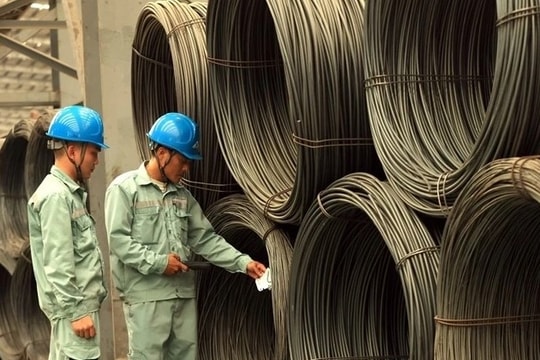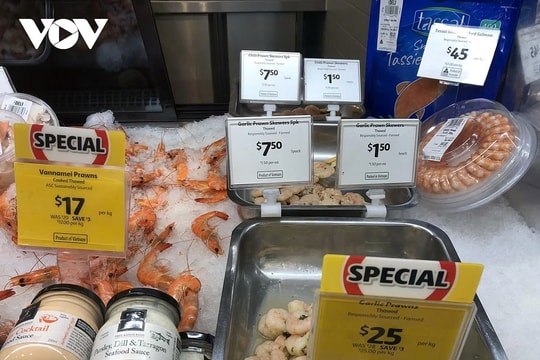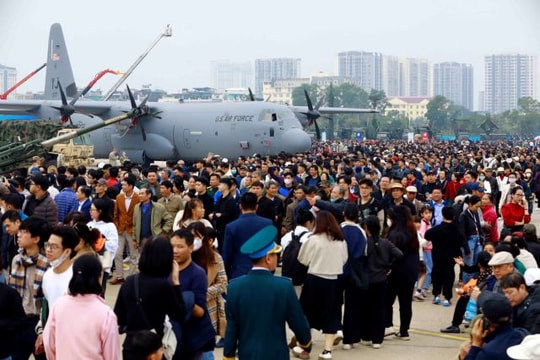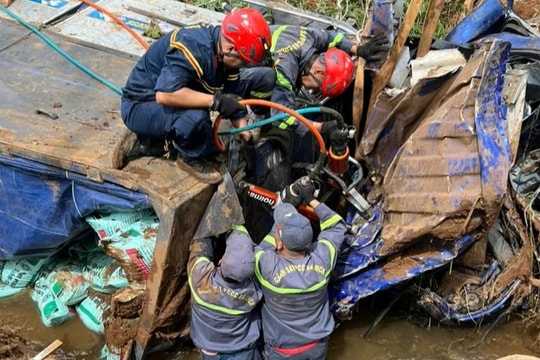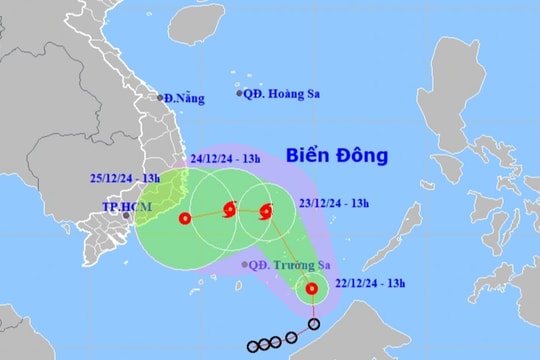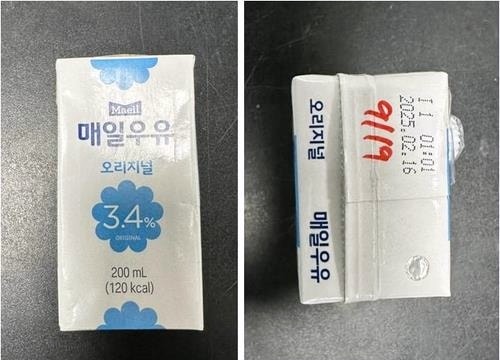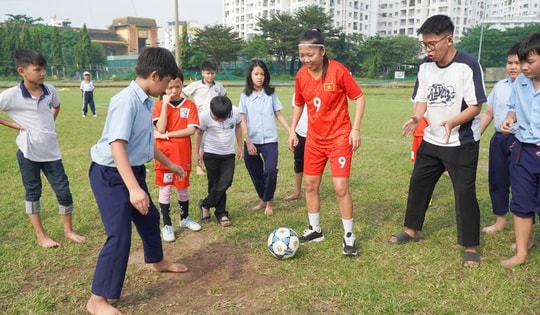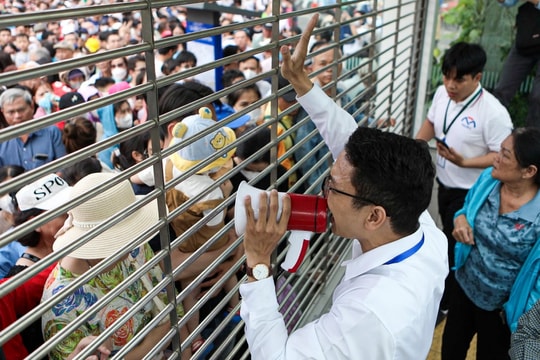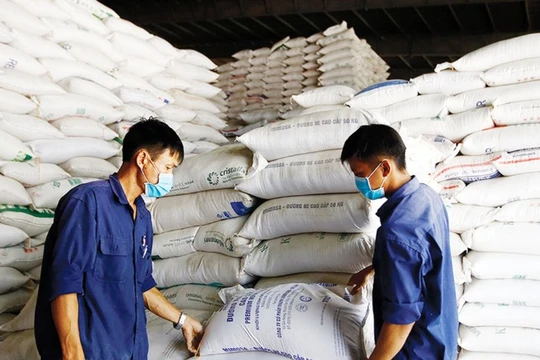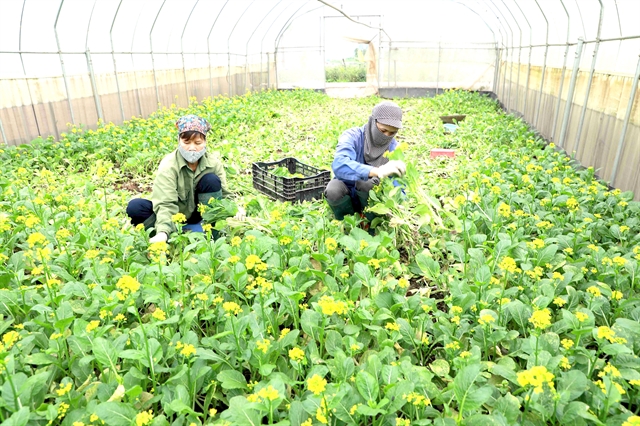 |
| Farmers work at Cuối Quý High-Tech Organic Vegetable Cooperative in Đan Phượng Commune, Đan Phượng District. — Photo courtesy of Hà Nội Department of Agriculture and Rural Development |
HÀ NỘI — High-tech agriculture is delivering significant success for Hà Nội, enhancing the value of production and moving the city towards a modern agricultural sector.
Data from the city’s Agriculture and Rural Development Department has revealed that the capital currently has 406 high-tech agricultural production models.
These consist of 262 models in crop cultivation, 119 livestock enterprises and 25 aquaculture projects, mainly located in the districts of Hoài Đức, Mê Linh, Gia Lâm, Thường Tín, Đông Anh and Thanh Oai.
Notably, the value of products from the 406 models accounts for 40 per cent of the city’s total agricultural production value.
Đặng Thị Cuối, Director of the Cuối Quý High-Tech Organic Vegetable Cooperative in Đan Phượng Commune, Đan Phượng District, said that the cooperative used only organic fertilisers and microbial agents, while plant diseases were managed through a gas-powered burning machine.
Seeds are sown using machines that move from the inside out. Once planting is complete, the doors are sealed, with misting systems maintaining humidity until harvest.
The cooperative has made the most of social media platforms to market and promote its products.
Thanks to the proactive adoption of digital technology, it has advertised its products through social platforms such as Facebook and Zalo.
As a result, the cooperative’s organic vegetable brand has gained significant recognition both domestically and internationally, she said.
Each vegetable package includes a barcode that consumers can scan with their smartphones to access information on the production process, including the farm's location.
The cooperative’s entire five hectares of organic vegetables, including 17 different vegetable varieties, have been certified as OCOP (One Commune - One Product) and are traceable from farm to table, she added.
Đỗ Văn Kiên, Director of the Tam Hưng Agricultural Cooperative in Tam Hưng Commune, Thanh Oai District, said the cooperative had applied digital technology to manage and monitor its 20ha rice production area.
Surveillance cameras are installed in the fields, and all activities such as planting, fertilisation and maintenance are logged electronically through the Egap digital diary.
The production process is fully documented, with footage available for consumers to verify via image extraction.
Currently, the cooperative’s rice products feature traceable origin labels and are available for purchase on e-commerce platforms.
Vũ Thị Hương, director of the department’s Agricultural Extension Centre, said that high-tech agriculture was one of the key areas that the centre had been working on in partnership with local authorities to support farmers.
Through training sessions, cooperatives and farmers are taught how to incorporate high-tech methods into agricultural production, set up smart surveillance systems and promote products via digital platforms.
As a result, an increasing number of models are integrating advanced technology into their production methods, changing traditional farming practices in and around Hà Nội.
The application of high-tech solutions has not only helped farmers increase their incomes, reduce costs and improve product quality, but has also enabled them to access modern production techniques, paving the way for sustainable development of the city’s agricultural sector.
An agricultural revolution
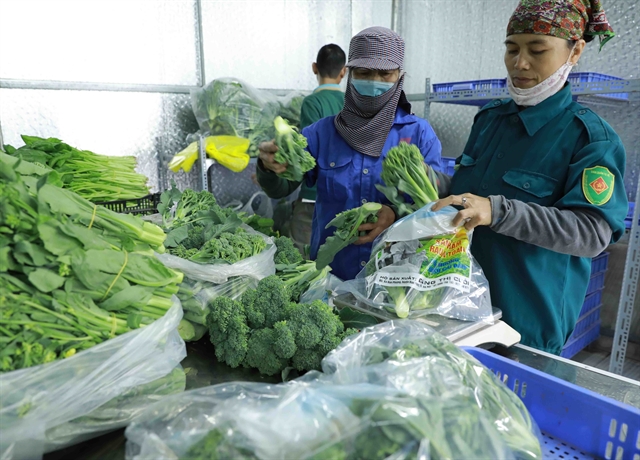 |
| Workers are packing vegetables at Cuối Quý High-Tech Organic Vegetable Cooperative in Đan Phượng Commune, Đan Phượng District. |
Nguyễn Xuân Đại, director of Hà Nội’s Department of Agriculture and Rural Development, said that the city is undergoing a revolution in agriculture, where high-tech solutions and digital transformation have become more than just trends.
“They are now a reality, delivering outstanding economic benefits and improving product quality,” he said.
Many enterprises, cooperatives and farmers have applied automatic irrigation, drip irrigation and climate control in greenhouses.
The technologies contribute to savings in labour and water, while boosting crop yields.
“The success stories emerging from high-tech agriculture models in the city provide clear evidence of the effectiveness of digital transformation,” he said.
Data from the agricultural department also shows that Hà Nội currently has 68 high-tech agricultural cooperatives that are integrated into production and product distribution networks, with a strong focus on quality standards.
Approximately 20 businesses have also begun investing in high-tech agriculture.
The department said that developing a high-tech agricultural sector is a pressing need that requires collaboration and support from relevant departments to ensure the city's agricultural sector develops in a modern, sustainable way, in line with global trends.
Hà Nội aims for over 70 per cent of the city’s agricultural products to be produced using high-tech methods by 2030.
The city plans to continue promoting research, technology transfer and the application of scientific advancements in agriculture, food processing and business operations in the next few years.
Training programmes will focus on improving the quality of the workforce involved in high-tech agriculture.
A high-tech agriculture centre will also be developed to apply cutting-edge techniques and new technologies.
To support these efforts, Hà Nội has allocated over VNĐ10 billion (nearly US$393,000) for 2024-2025 to implement a policy that supports the purchase of machinery and equipment for a digital transformation in agriculture, in line with Resolution No 08/2023/NQ-HĐND issued on July 4, 2023.
The funding provides an excellent opportunity for local farmers, cooperatives and enterprises to incorporate digital technology into their production processes.
Furthermore, the city’s agricultural sector will continue working with localities to develop pilot programmes, projects and models for high-tech agriculture.
These will be scaled up, with promotions for products and production methods gradually transformed to become smarter and more modern. — VNS





